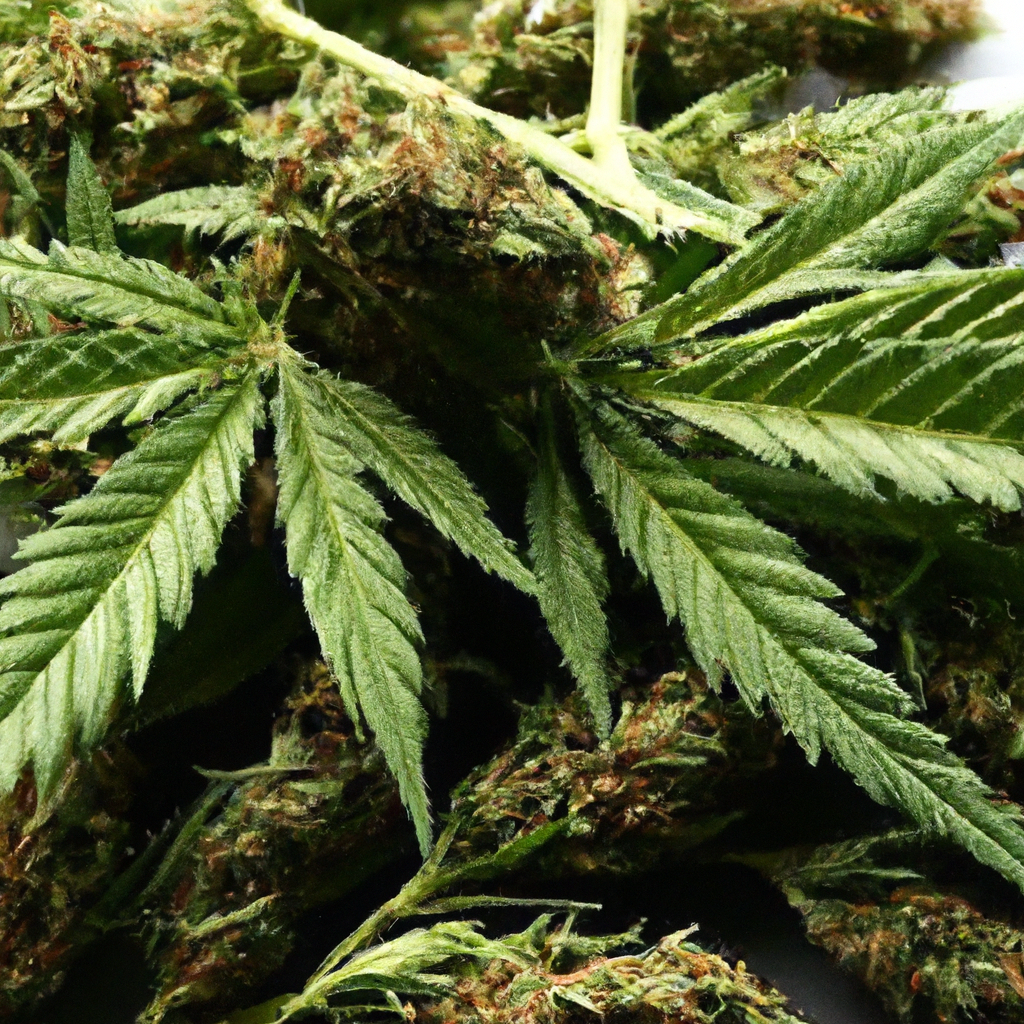Your cart is currently empty!
While much of the spotlight has been on cannabis and its psychoactive properties, hemp, the robust sibling of cannabis, has quietly shaped industries, cultures, and legislation throughout history. This educational dive aims to unravel the rich tapestry of hemp’s influence across the world, highlighting its myriad uses and undeniable contributions to sustainability and economy.
Origins and Evolution: Hemp Through the Ages
Hemp’s history is as rich as it is ancient, with origins tracing back over 10,000 years. Historically cultivated for its fiber, the resilient hemp plant played a pivotal role in advancing human civilization. From the production of durable textiles in ancient China to its usage in the making of sails and ropes that propelled European exploration, hemp has been an unsung hero in technological advancement.
The versatility of hemp did not stop at textiles. In the 16th century, Henry VIII required farmers to grow hemp as it was deemed a critical material for the British naval fleet. Meanwhile, in America, early settlers cultivated hemp for essential goods, bolstering both local economies and survival.
The Versatile Applications of Hemp
- Textiles: Known for its high durability, hemp fiber has been used for clothing, canvas, and industrial materials.
- Papermaking: Hemp paper has a longer shelf life and doesn’t require toxic bleaching processes, making it sustainable.
- Bioplastics: Modern-day innovations have called upon hemp as a replacement for petroleum-based plastics, showcasing its eco-friendly attributes.
- Construction: Hempcrete, a bio-composite material, provides excellent insulation and is a sustainable alternative to traditional building materials.
- Nutrition and Health: Hemp seeds are emerging as a superfood due to their high nutritional profile rich in essential fatty acids and protein.
Legal Landscape: How Hemp Shaped Cannabis Legislation
The legal journey of hemp has been as turbulent as it has been transformative. Despite its non-psychoactive nature, hemp fell under the same legislative restrictions as its psychoactive cousins due to the Marihuana Tax Act of 1937 and later, the Controlled Substances Act of 1970. The tide began to turn with the passage of the 2018 Farm Bill in the United States, which federally legalized industrial hemp, opening new avenues for agriculture and industry.
This legislative shift demonstrated hemp’s unique standing within cannabis debates, proving that its economic and environmental potentials are recognized and valued in a modern context.
Environmental and Economic Benefits: Hemp’s Sustainable Promise
As global communities strive for a sustainable future, hemp stands at the forefront with its environmental and economic advantages. Hemp cultivation requires less water, replenishes soil nutrients, and absorbs CO2 more efficiently than many other crops. Additionally, its rapid growth cycle makes it an adaptable crop for various climates, providing farmers with a resilient option amidst changing environmental conditions.
The economic impact of industrial hemp is profound, driving innovation and creating diverse job opportunities in sectors ranging from fashion to food production. As markets expand, hemp proves to be a sustainable ally in building a greener economy.
Conclusion: Hemp as a Beacon of Sustainability and Innovation
The history and evolution of hemp offer insights into its formidable role as a sustainable and versatile resource. Its applications stretch across numerous facets of life, proving that hemp continues to be a powerful partner in fostering innovation and environmental stewardship. As we progress, acknowledging and integrating hemp into our fabric of society promises a more sustainable and prosperous future.
Discover more from Magic Clones
Subscribe to get the latest posts sent to your email.


Leave a Reply